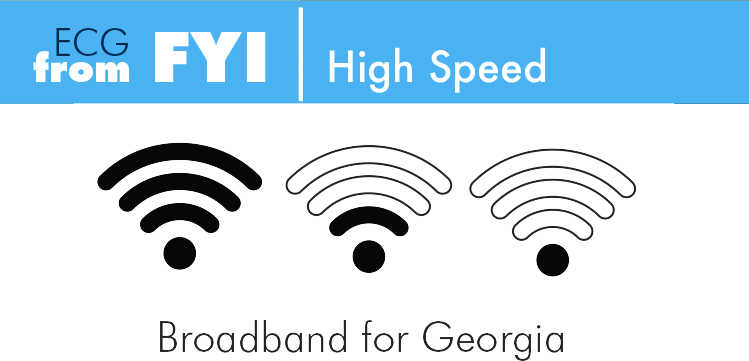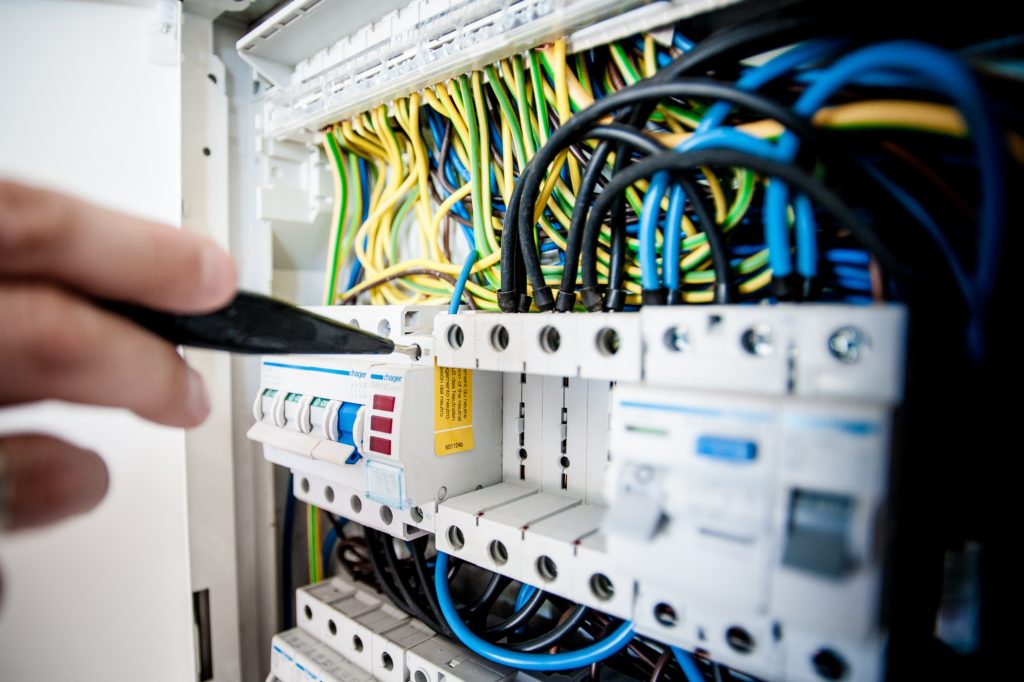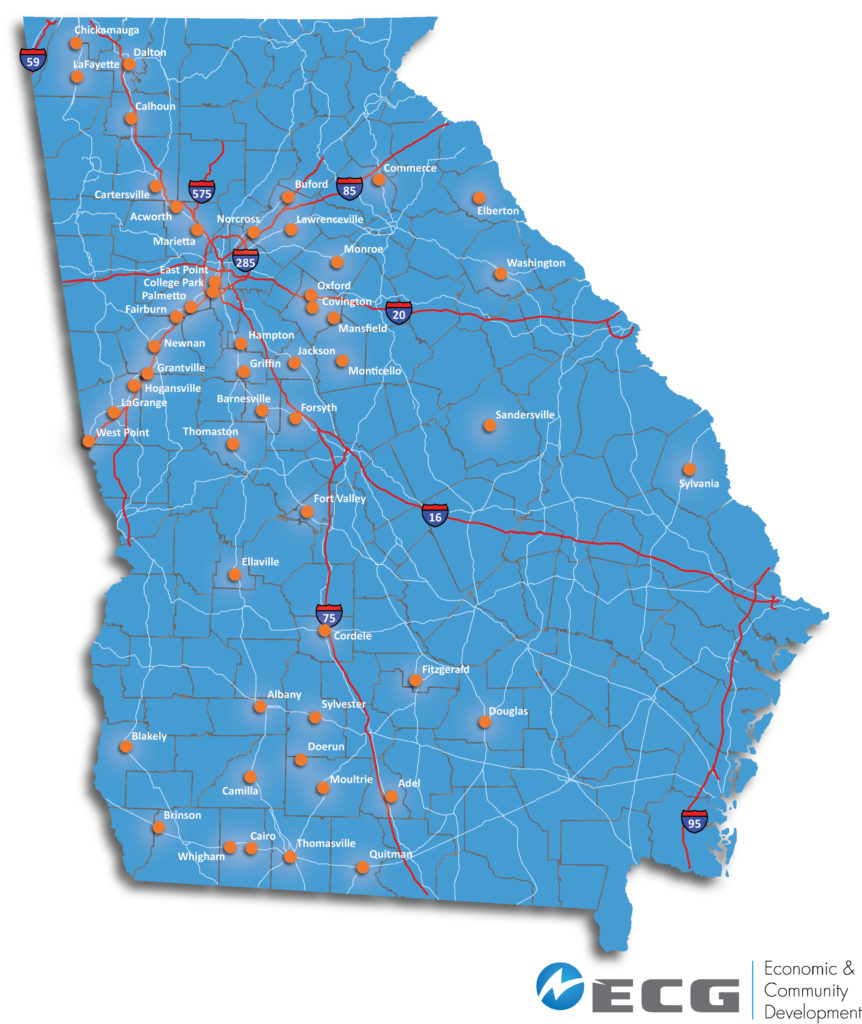22 Jul 2020
Broadband for Georgia

Broadband Services for all Georgians continues to be a challenge. It is a tragedy today that in many rural areas of the state, residents and businesses have no or limited high-speed internet at their fingertips.
“I am parked in a McDonald’s parking lot. I have been here for hours now. I don’t want to be here. But I don’t have internet to my home, and without public Wi-Fi, I can’t work away from my office.”
A Rural Georgian 1998
“I am parked in a McDonald’s parking lot. I have been here for hours now. I don’t want to be here. But I don’t have internet to my home, and without public Wi-Fi, I can’t work away from my office.”
A Rural Georgian 2020
The reason behind this challenge is mostly economics. The for-profit marquee broadband companies and private internet service providers (ISPs) are built to make business decisions based on customer density and revenues specific to geographical deployment. If service oriented municipalities are to become ISPs, they need expertise in technology, operations and the ability to afford and maintain expensive infrastructure.
Bearing this in mind, in the late 1990’s, it was an extraordinary accomplishment that 32 Communities of Electric Cities of Georgia (ECG) launched an extensive broadband network across the state ensuring their communities’ digital connectivity. Not unlike the interstate highway system mandated by President Eisenhower in 1956, a key focus of this broadband network built by ECG’s Communities was to provide for modern connectivity, jobs and spark economic prosperity.
The Telecommunications Act
In 1996, Governor Sonny Perdue supported and signed state legislation, The Telecommunications Act, which allowed municipalities to enter the broadband business and provide critical services for their communities. This legislation came with full support from Georgia’s leadership.
Of course, the members of ECG are no strangers to providing critical utility infrastructure to support the growth of their communities. The elected leadership of these 32 cities, envisioned a working partnership similar to the one they knew with their electric power supplier, MEAG Power. In 1998, bonds were issued to raise capital and Georgia Public Web, Inc. (GPW), a non-profit organization was born. GPW created a municipally owned fiber backbone network across the state of Georgia to the participating cities. The cities are still member-owners of GPW, which serve schools, industries and neighborhoods of communities throughout the state of Georgia.
“It was a group of visionary leaders who built the entity to pull traffic to the World Wide Web. Their network is almost statewide,” says Eric Snell, CEO of GPW in Atlanta. “GPW’s network has recently seen internet growth of over 30 percent with the increase in work from home across the state. We are actively supporting our partners in education, enterprise and local networks,” adds Snell.
Addressing the connectivity gap
Georgia’s state and local policy makers continue to proactively address the broadband challenge for rural Georgia. A quick snapshot of some noteworthy activity:
- To create constancy and predictability, ECG members offer model statewide pole attachment agreements to allow cable/broadband companies easy access for wired and new 5G wireless infrastructure.
- HB244 Georgia Broadband Opportunity Act was passed authorizing state electric membership cooperatives (EMC’s) to provide broadband and is expected to be signed by Governor Kemp soon.
- SB66 Streamlining Wireless Facilities and Antennas Act passed to bring a compromise between all providers and local governments as small cell deployment, commonly called 5G – fifth generation wireless network, provides new delivery options for broadband service.
- The Georgia Broadband Deployment Initiative was created to coordinate and establish broadband programs to increase economic, education, and social opportunities for Georgia citizens and businesses.

The lack of high-speed internet continues to be a deal breaker for underserved rural communities when an industry comes calling; but Electric Cities of Georgia’s 32 cities can “check the box” for connectivity. Technology minded municipal leadership ensures a bright future to serve all citizens and businesses.
A study by the U.S. Chamber of Commerce partnering with Amazon found that:
- Unlocking the digital potential for rural small businesses across Georgia could add $2,207 million to the state GDP per year.
- Unrealized employment gains due to lack of access to digital tools in Georgia small business in the last three years – 15,868 jobs.
Rural report fact sheet – Georgia
Testimonial:
“Ours is a very technology-driven business; quick and convenient is key. When we began with Calnet 15 years ago, our internet service was fast and reliable. It still is today. Having our service provider right here in Calhoun is so important. Just like in my business, personal relationships are everything.”
Cathy Mathews, a principal at Starr Mathews Insurance Company and customer of Calnet, the City of Calhoun internet service provider.

